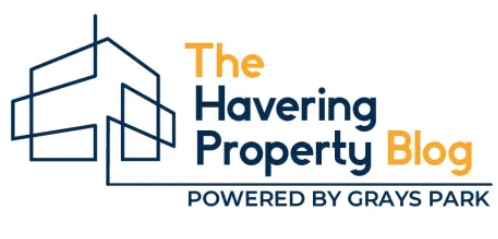Mark Harris, CEO of SPF Private Clients, suggests that 99% mortgages could be beneficial in certain situations, particularly when considering added stamp duty costs. He compares a 99% mortgage to a 95% mortgage for previous generations, highlighting potential similarities.
Skipton Building Society’s 100% mortgage for renters and Barclays Springboard mortgage, which requires assistance from family and friends, are existing options for first-time buyers. However, limited uptake has been observed for these products, as mentioned by Chris Sykes from Private Finance.
Concerns arise regarding the feasibility of the rumoured 1% deposit government scheme. Chris Sykes expresses worry that false hope might be given without addressing the practical challenges, emphasising the various costs associated with homeownership.
The potential costliness of 1% deposit mortgages is a shared concern across the mortgage industry. Higher rates are expected due to increased risk for lenders. Peter Stimson of MPowered Mortgages argues against the idea, deeming it a gimmick initiative that could be very expensive.
David Hollingworth from L&C Mortgages acknowledges the likely cost associated with the guarantee, indicating that interest rates for 99% mortgages may be higher than those for larger deposits. The balancing act of weighing the price against increased ability and timeline for buying is emphasised.
The threat of negative equity is another worry, especially with recent declines in UK house prices. The risk of first-time buyers falling into negative equity if house prices fall raises questions about the long-term viability of such schemes.
The affordability of 1% deposit mortgages is tied to the borrower’s earnings. The limitation imposed by mortgage lenders on the loan-to-income ratio may still require buyers to bridge the gap with a larger deposit.
Doubts surround the popularity of 1% deposit mortgages, considering that the average first-time buyer traditionally puts down a 25% deposit. The cautious borrowing approach of first-time buyers, borrowing below their maximum allowed, suggests a reluctance to overstretch financially.
Existing similar products, like Skipton Building Society’s 100% mortgage and Barclays Springboard mortgage, have seen limited adoption, raising skepticism about the success of a new government scheme.
Government interventions, historically aimed at assisting buyers, have often contributed to rising house prices without effectively addressing the fundamental issue of housing supply, according to experts like David Hollingworth and Chris Sykes.
In conclusion, the potential introduction of 1% deposit mortgages is met with a mix of optimism, skepticism, and concerns within the mortgage industry, emphasising the need to address broader housing issues and potential risks associated with such schemes.




1 Comment
Martin Moore
Tech support is really great, and they know how to handle your issues!
Comments are closed.